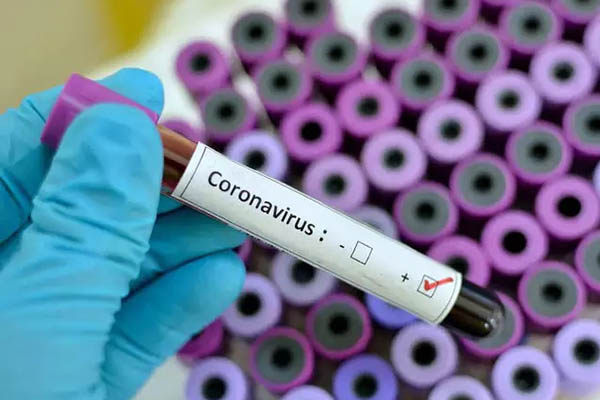
File photo
National Institute of Health claims unified policy will help detect coronavirus infections swiftly
The National Command and Operations Center (NCOC) on Tuesday was briefed on the National Institute of Health (NIH)’s proposed national policy to initiate Rapid Antigen Testing for the novel coronavirus in hospitals nationwide.
NIH Executive Director Maj. Gen. Dr. Aamir Ikram informed the forum that all provinces had been consulted prior to devising a unified strategy in accordance with international standards. He said that authorities had availed recommendations of the World Health Organization (WHO) and other reputable groups to frame a policy that would detect COVID-19 swift and under strict controls.
According to Dr. Ikram, the first phase would allow all government-authorized public sector laboratories to perform the Antigen tests for the novel coronavirus. He said that provincial authorities had been granted the discretion to determine whether private labs could also conduct these tests, adding that this would only be permitted for labs that were already performing the RT-PCR tests.
The forum was informed that private labs would have to be officially authorized by provincial or regional authorities to conduct the Rapid Antigen tests to ensure their data could be accurately reflected in the official statistics.
Provincial representatives also updated the NCOC about their views on the Rapid Antigen testing, adding that necessary arrangements were underway to allow all major hospitals to participate in the testing.
Antigen tests can detect the presence of a specific viral antigen, which implies current viral infection. They are relatively inexpensive, and can provide results at the point-of-care, making them preferable alternatives to the RT-PCR tests in emergency cases. WHO has warned that Antigen tests are generally less sensitive than RT-PCR tests, and has advised that they only be used in appropriate settings for the early detection of the most infectious COVID-19 cases.
Pakistan is currently in the midst of a second wave of the novel coronavirus, having just crossed 400,000 confirmed cases of COVID-19. Authorities have urged the public to adopt preventative measures to curb its spread, but Prime Minister Imran Khan has stressed the government will not impose any restrictions that could impact the economy.
